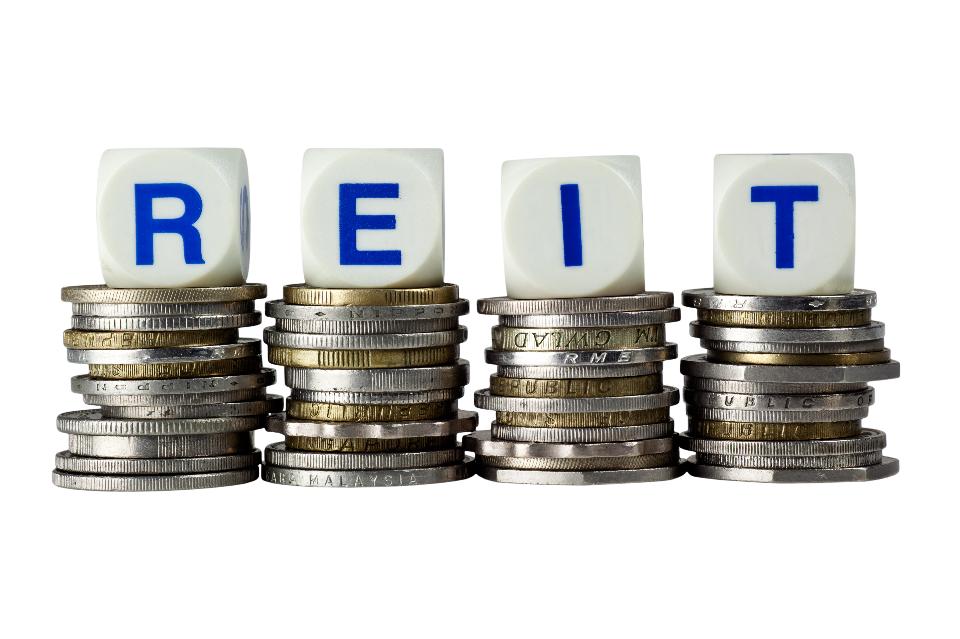The lifting of the value-added tax (VAT) imposed on Real Estate Investment Trusts (Reits) would attract more investors to list their properties through the financial market-based funding tool, according to a real estate analyst.
In an interview last week, Monique Cornelio-Pronove, Chief Executive Officer of Pronove Tai International Property Consultants, told The Manila Times that the failure of the country’s Reit Law to attract investors is caused by several restrictions, one of which is the 12 percent VAT provision.
“I think you may have to have special conditions to take out the VAT, for at least the first two or three years, if you want sponsors to list their income-generating assets in the stock market,” Pronove said.
A Reit is a security converted by a trust company based on the income from real estate and is traded in the stock market. Despite the passage of Republic Act 9856 or the Reit Law of 2009, it has not been successful due to several restrictions.
“The law was passed seven years ago, but it has not really taken off because of the three things that were restrictive from a Reit vehicle perspective,” Pronove said.
One of these restrictions found in the Implementing Rules and Regulations (IRR) of the REIT law is the 12 percent VAT imposed on the transfer of real estate from the sponsor to the Reit company, according to Pronove.
Pronove suggested that the tax provision is what caused the failure of Reits in the country, as it discourages companies from listing their properties in the stock market.
“There will be no incentives for corporates to actually list on the stock exchange, because as it is, they already own the property. They’re enjoying the investment yield,” She added.
The real estate analyst noted that special incentives to remove the VAT provision for the initial years after the re-launch of Reits under a revised IRR should be considered in order to attract companies to list their properties under the Reit vehicle.
Based on earlier reports, both the Securities and Exchange Commission (SEC) and the Department of Finance (DOF) said they would review the IRR of the existing Reit Law.
Aside from the tax provision, the mandated public float level of Reits is also a restrictive issue that led to the failure of the stock product in the Philippines.
Under the Reit Law, there must be 67 percent minimum public ownership by the third year of the Reit.
“ . . . the sponsor’s concern [is]that they will lose control of the management of their Reit vehicle. So 67 percent is quite big,” Pronove explained.
The third restrictive provision of Reits is the lack of incentives on the first two years of the product on the stock market.
“There are tax incentives if you put together a Reit vehicle, but those tax incentives will have to be put in escrow, and you can only enjoy those tax incentives on year three if you’re able to meet the 67 percent minimum public float. So in effect, you’re not able to enjoy it on year one. It’s very restrictive,” Pronove said.
Pronove noted that REITs is something that would not benefit only the real estate market, but the entire economy, as it would grow our capital market.
“You have to democratize well, meaning that even the small players—the retail investors—can actually put their money in a highly regulated, highly transparent environment. It would very good for the economy,” Pronove concluded.
http://www.manilatimes.net/lift-12-vat-on-reits/288268/
